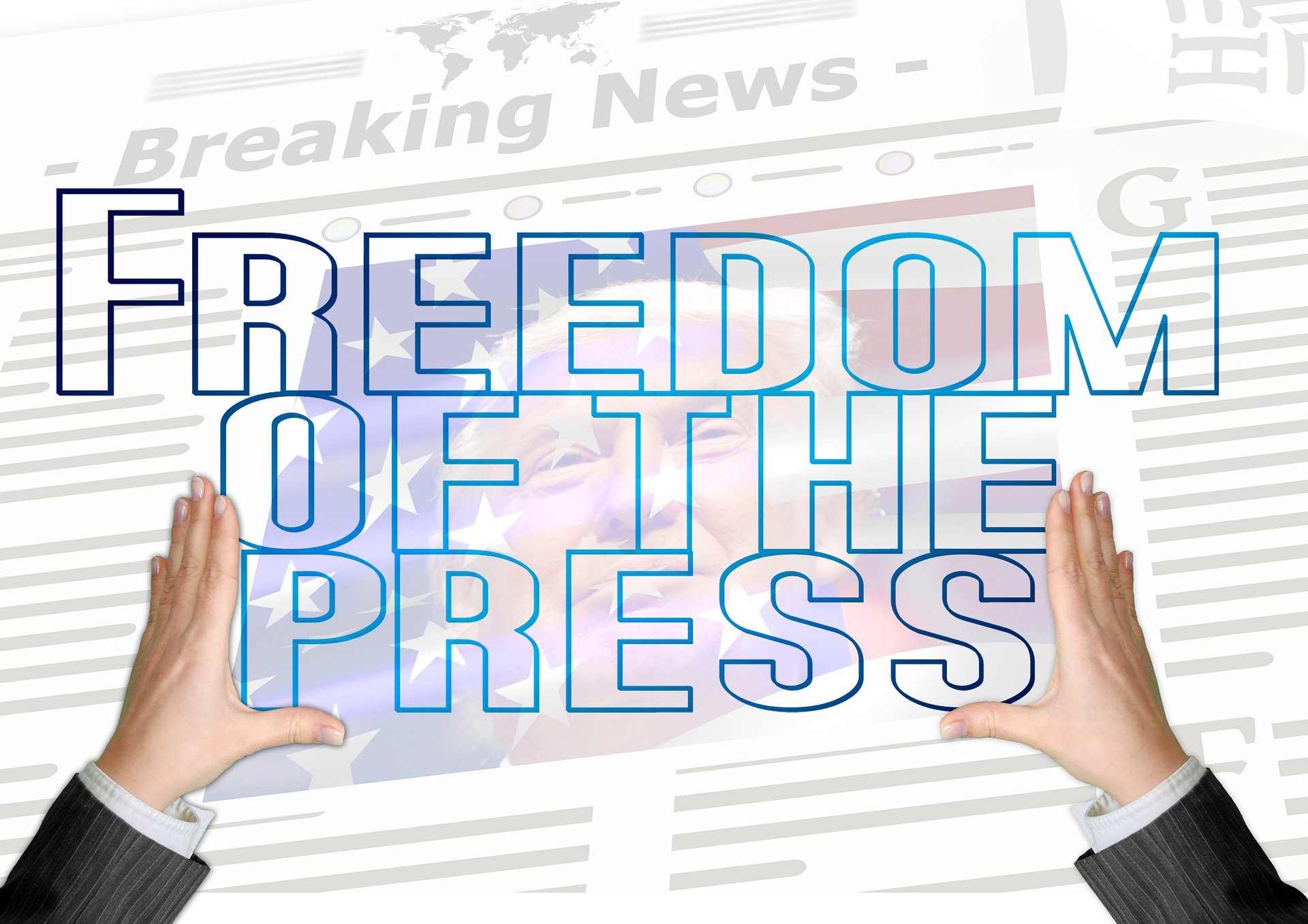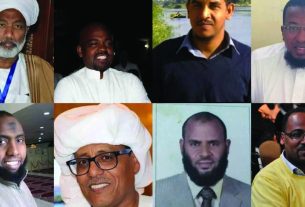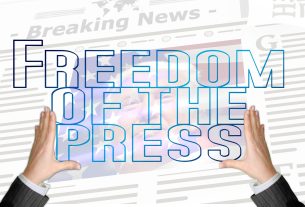The Committee to Protect Journalists (CPJ) has condemned a ruling by the Duhok misdemeanor court ordering Kurdish journalist Omed Baroshky to serve an additional six months in prison. The decision reinstates a previously suspended sentence from December 2021, citing a breach of its conditions.
Retaliation for Reporting
Baroshky, a freelance journalist known for his investigative work and criticism of local authorities, had been sentenced under the Kurdistan region’s Misuse of Communication Devices law following a 2021 lawsuit filed by then-regional lawmaker Mala Ihsan Rekani. The case stemmed from Baroshky’s reporting on Rekani’s alleged violation of COVID-19 quarantine protocols.
CPJ Levant program coordinator Doja Daoud stated:
“Omed Baroshky has already faced retaliation for his reporting. We urge Iraqi Kurdish authorities to stop criminalizing the work of opposition journalists and ensure that they can operate without fear of reprisal”.
Legal Ambiguity and Press Suppression
Law 6, which governs the Misuse of Communication Devices, criminalizes a broad range of digital conduct, including the sharing of private information—even if true—and actions deemed harmful to public values or personal integrity. Critics argue the law’s vague language enables authorities to suppress dissent and intimidate journalists.
Baroshky’s reinstated sentence follows a defamation conviction in January 2025, which the court deemed a violation of the original suspension terms. He had been scheduled for release on 31 July after serving a separate six-month sentence.
Broader Human Rights Concerns
Baroshky’s case highlights ongoing concerns over press freedom in Iraqi Kurdistan, where journalists reportedly face arbitrary detention, physical abuse, and unfair trials. Observers point to systemic efforts by dominant political parties—the Kurdistan Democratic Party and the Patriotic Union of Kurdistan—to silence critical voices.
International legal standards, including Article 19 of both the Universal Declaration of Human Rights and the International Covenant on Civil and Political Rights, affirm the right to freedom of expression. Rights groups continue to call for legislative reform to safeguard due process and journalistic integrity.



